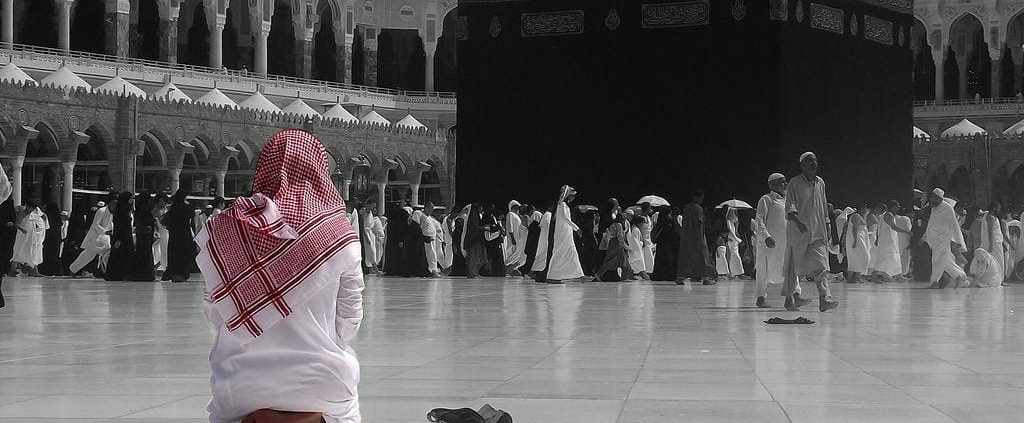What Is the Ruling of Praying Missed Prayers in Sequence?
Hanafi Fiqh
Answered by Shaykh Yusuf Weltch
Question
I wanted to ask a question regarding the sequence of salah. I know you are meant to pray the daily salah in order and for example, if you’ve missed your zuhr, you should make it up before praying ‘asr. But if you’re in a situation where you haven’t been able to make it up and the time for ‘asr is about to end and you can’t offer both salah in the time, do you break sequence to stop ‘asr from becoming qadha or still maintain sequence and let ‘asr become qadha as well.
Answer
In the Name of Allah, the Most Merciful and Compassionate
If one has missed less than six obligatory prayers, it is obligatory for them to make up those prayers in sequence.
The upholding of the sequence between the prayers is obligatory. This applies to the sequence between obligatory prayers that one missed and the current obligatory prayers, as well as the sequence between the missed prayers themselves. [Shurunbulali, Maraqi al-Falah]
The obligation of praying in sequence falls off due to three considerations:
- If the prayer time is constricted-such that one does not have enough time to make up the missed prayer and pray the current prayer prior to the exiting of the desired time. In this case, one will pray the current prayer, which is valid.
- Forgetfulness-such that one prayer is a prayer not remembering that they have a missed prayer due. The prayer is valid in this instance, as well.
- If one has missed six or more obligatory prayers. In this case, praying in the sequence is no longer obligatory due to difficulty. [Shurunbulali, Maraqi al-Falah]
Hope this helps
Allah A’lam
[Shaykh] Yusuf Weltch
Checked and Approved by Shaykh Faraz Rabbani
Shaykh Yusuf Weltch is a teacher of Arabic, Islamic law, and spirituality. After accepting Islam in 2008, he then completed four years at the Darul Uloom seminary in New York where he studied Arabic and the traditional sciences. He then traveled to Tarim, Yemen, where he stayed for three years studying in Dar Al-Mustafa under some of the greatest scholars of our time, including Habib Umar Bin Hafiz, Habib Kadhim al-Saqqaf, and Shaykh Umar al-Khatib. In Tarim, Shaykh Yusuf completed the memorization of the Qur’an and studied beliefs, legal methodology, hadith methodology, Qur’anic exegesis, Islamic history, and a number of texts on spirituality. He joined the SeekersGuidance faculty in the summer of 2019.
